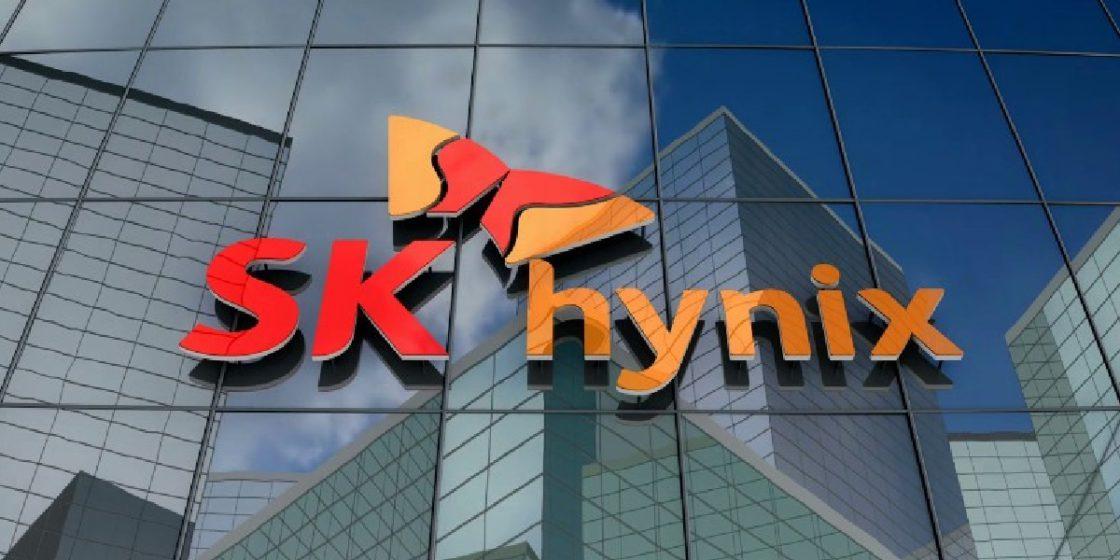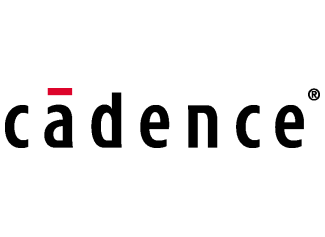Stelia bridges classic internet with AI infrastructure

Tess Caputo
Figure’s latest robot is already in testing at a BMW plant
There has been tremendous demand to deploy AI models across new and diverse hardware architectures. Many of these architectures include a variety of processing nodes and specialized hardware accelerators. The challenge is to take trained AI models developed in various open-source software frameworks and execute them efficiently on these architecures. Software tools must evolve to provide features such as AI model import, graph analysis, quantization, optimization, and code generation. Creating AI-centric software development tools is a complex undertaking that requires expertise in AI network theory and construction, high-performance computing, compilers, and embedded systems. This talk will share some of our experiences developing Cadence’s NeuroWeave Software Development Kit (SDK). NeuroWeave is a collection of tools and software libraries for optimizing and compiling AI models in order to execute them efficiently on Tensilica DSPs and Neo accelerators.

Eric Stotzer
Eric Stotzer is a Software Engineering Group Director at Cadence Design Systems, where he is responsible for the Neuroweave SDK and Xtensa Neural Network Compiler (XNNC). Eric worked for 30 years at Texas Instruments developing system software tools for DSPs and MCUs. Before coming to Cadence, he was at Mythic working on a neural network compiler for mixed-signal AI accelerators. He is a coauthor of the book Using OpenMP - The Next Step: Affinity, Accelerators, Tasking, and SIMD, (MIT Press 2017). Eric holds a PhD in Computer Science from the University of Houston.
Cadence
Website: https://www.cadence.com/en_US/home.html
Cadence’s goal is to empower engineers at semiconductor and systems companies to create innovative, intelligent, and highly differentiated electronic products that transform the way people live, work, and play. The company’s Intelligent System Design strategy helps customers develop differentiated products—from chips to boards to systems—in AI, IoT, mobile, 5G, consumer, cloud, data center, automotive, aerospace, and other market segments. Cadence offers specialized IP with industry-leading performance, power efficiency, and interconnects, as well as AI-specific verification and implementation solutions. The company also employs machine learning within its tools and solutions to enable the best power, performance, and area (PPA), quality of results (QoR), and time-to-market (TTM) benefits.

Eric Stotzer
Eric Stotzer is a Software Engineering Group Director at Cadence Design Systems, where he is responsible for the Neuroweave SDK and Xtensa Neural Network Compiler (XNNC). Eric worked for 30 years at Texas Instruments developing system software tools for DSPs and MCUs. Before coming to Cadence, he was at Mythic working on a neural network compiler for mixed-signal AI accelerators. He is a coauthor of the book Using OpenMP - The Next Step: Affinity, Accelerators, Tasking, and SIMD, (MIT Press 2017). Eric holds a PhD in Computer Science from the University of Houston.

Manish Patel
Manish Patel is the visionary founder of Nava Ventures, a pioneering venture capital firm headquartered in the heart of Silicon Valley. With a career spanning dozens of years at the forefront of technological innovation, Manish is renowned as a Silicon Valley Veteran with a knack for solving complex problems at the intersection of business, technology, and human experience.
Throughout his career, Manish has worn many hats – from operational maven and inventive trailblazer to astute venture capitalist. His deep-seated expertise in global business and product development, coupled with an unwavering passion for transformative technologies, positions him as a driving force behind Nava Ventures' success.
Prior to founding Nava Ventures, Manish held pivotal roles at Google and Highland Capital. At Google, he served as an early product leader, spearheading teams responsible for the design, development, and scalability of groundbreaking products such as Google Ads, GoogleTV, and Google Maps. Later, at Highland Capital, Manish played a key role in expanding the firm's footprint in California, further cementing his reputation as a strategic visionary in the venture capital landscape. In 2021, Manish embarked on his entrepreneurial journey by establishing Nava Ventures. With a persistent focus on unique technology and experienced management teams, Nava focuses on early-stage investments across a diverse portfolio spanning AI technologies, data analytics, healthcare innovations, and financial services.
Beyond his professional pursuits, Manish's passion for knowledge sharing and mentorship is evident in his roles as an esteemed educator. For years, he has served as a dedicated instructor at the Stanford School of Engineering, nurturing the next generation of tech engineers and innovators. Additionally, his commitment to fostering entrepreneurship extends globally, as he proudly serves as a Fellow at the University of Toronto's Creative Destruction Lab (CDL) and is a Distinguished Fellow at IDEO and has more than a dozen patents.






